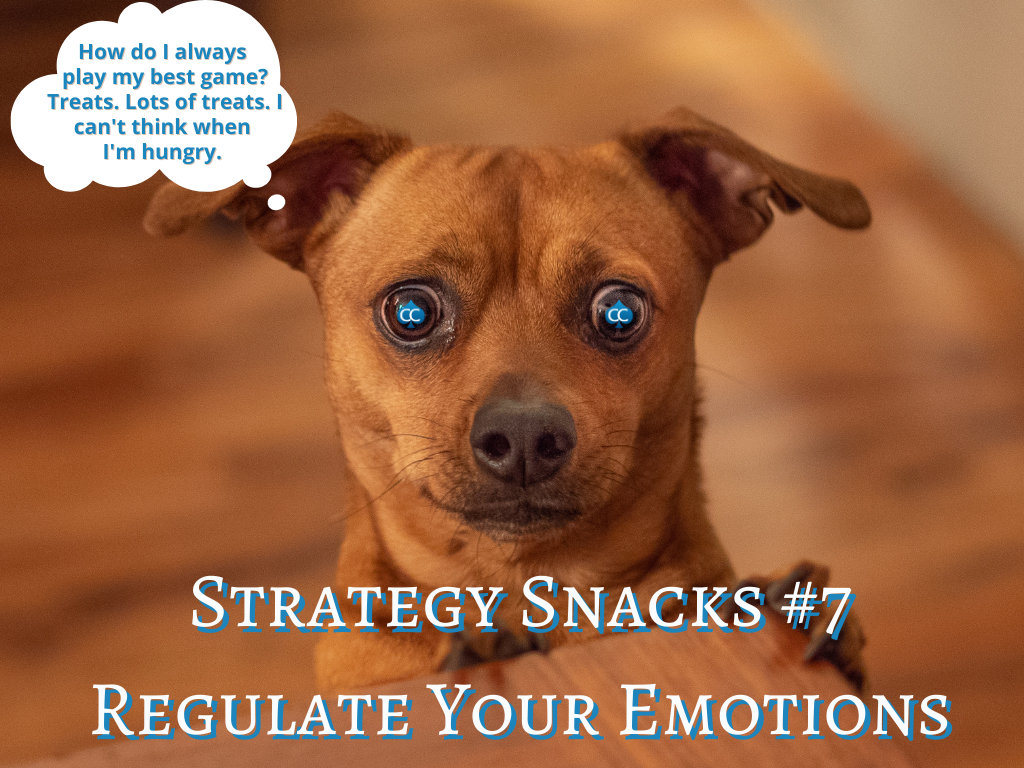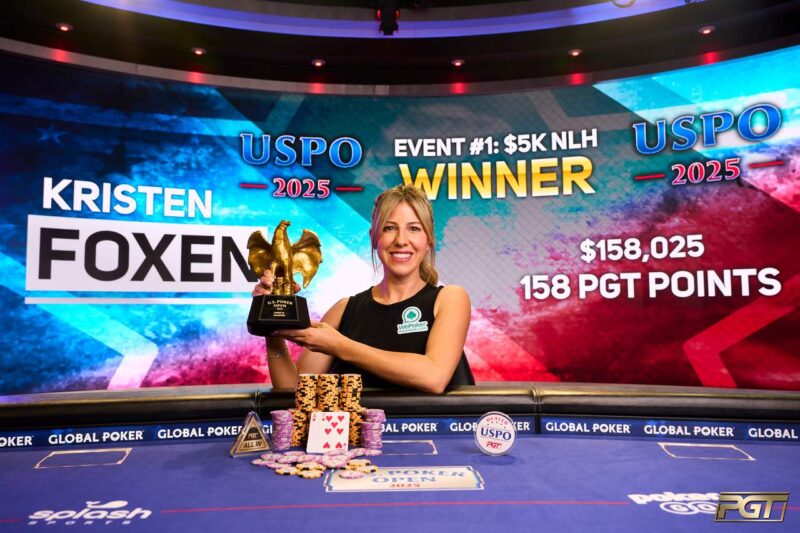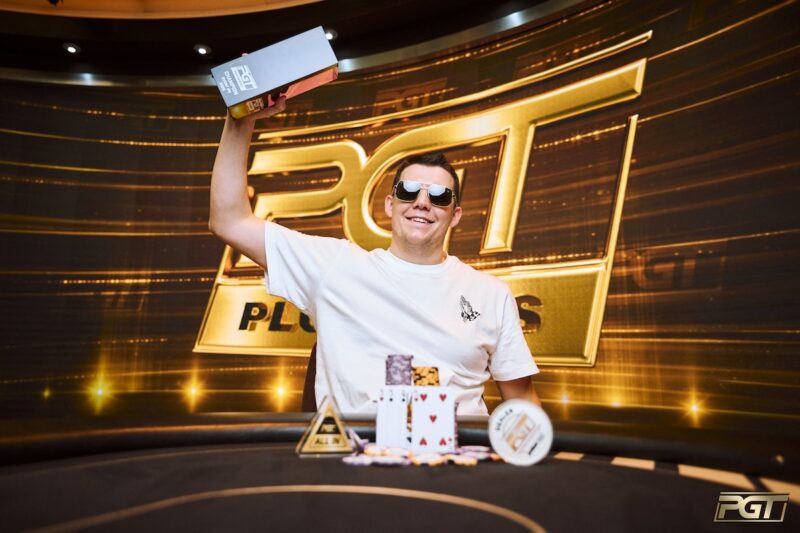Sometime in the 1980s, Mike Caro defined Caro’s Law of Least Tilt, which states that “Among similarly skilled opponents, the player with the most discipline is the favorite.”
The Professor also talked about how tilt goes around the table with every player taking their turn, and any player who could simply skip their turn was a big favorite if the skill levels were reasonably equal.

Caro was brilliant for his time, but what he didn’t talk much about is how we manage to skip our turn on tilt. This is something I’ve worked on extensively with my students. There’s so much math and strategy advice available online these days that teaching that part of the game is easy. But, developing the psychological fortitude to use that knowledge is much harder, and I seem to be a therapist and mental toughness coach more often than anything.
I’ve talked about my tilt-busting strategy using the Fibonacci sequence, and if you haven’t read that piece, I recommend it. But for me personally, preventing tilt by carefully regulating my mental state is a lot more effective than treating tilt once it starts. An ounce of prevention is far better than a pound of cure for me.
All kinds of things in our environment affect our mental state so, if we focus on the things we can control, we can effectively regulate our mood and stay “in the zone.”
What do you need to play your best game?
Start with paying attention to your mental state. Spend a few sessions paying close attention to how you’re feeling, what you’re thinking, and taking notes on how your mental game was throughout your session. What kinds of things are affecting you and how do you think when you are on tilt?
You may find that you’re angry with one player, focused on beating them instead of staying on target with just trying to make money. You may find yourself expecting hands to go badly after a few bad beats, or expecting them to go well and taking unnecessary chances. You might be impatient if you haven’t had any hands to play, or frustrated when your big hands don’t get paid. Whatever it is, take note of how you felt and what caused those feelings.
Once you’re able to recognize a sub-optimal mental state, we can start to regulate how you’re feeling and keep you playing your best game most of the time. Let’s look at things that might affect your feelings and thought processes.
Music – This is a big one for me. I try not to use them all the time, but I have earbuds that don’t block all of the outside sound, so I can still hear what’s happening at the table. If I’m feeling angry or frustrated — what I think of as “over-focused” — then some reggae, Allman Brothers, or Neil Young, will calm me down and help me get centered again. If I’m bored or tired — what I think of as “under-focused” — then I can put on some Metallica or Hendrix to get me fired up and get my head back in the game.
Think about how different types of music make you feel and make yourself some playlists for whatever you need at the table. Then when you’re feeling out of sorts, you can go a long way toward correcting the problem with a few of the right songs.
Armor – I think of sunglasses, a hoodie, and a baseball hat, as my poker armor. If I find myself uninterested or under-focused, I feel like I’m not “in the game.” Taking off some of my armor lets more of the game in and helps with this problem. If the game is getting into my head and affecting my mood too much, I can put on some more armor and shut a little of the game out until the anger and frustration melts away.
Changing your level of armor can feel like a reset, giving you a chance to start over with your thoughts focused and centered while letting the past fade away.
Caffeine (and other drugs) – I can’t recommend most recreational drugs for poker, though I know some players who use them effectively, and medications like Adderall certainly help many players. My drug of choice, however, is caffeine. Too much coffee and I’m over-focused and prone to tilt and rash decisions. Too little and I’m bored and tired, and think too slowly.
Now give it some thought. My solutions may not be the same as yours. Maybe you need a handful of psychedelic mushrooms and some war paint on your face to regulate your emotions. Or you might need a cold beer and a Tony Robbins audiobook. Whatever you use to find your focus, be mindful of when you need help, and of the best ways to get your head back in the game.
Hopefully, you can use these techniques to play your best game and skip your turn on tilt. And that’s it for today’s snack. Now get out there and play some poker; dinner won’t be ready for a few hours.


